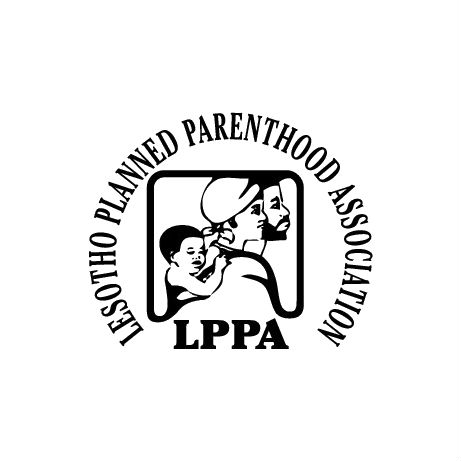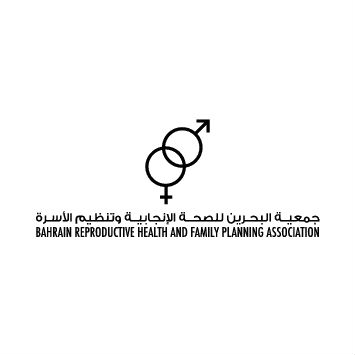

| 31 March 2016
Lesotho Planned Parenthood Association
One of IPPF’s central beliefs is that processes and approaches need to be adapted to meet the specific needs of a country. In Lesotho, a country with one of the highest HIV prevalence rates in the world, LPPA is very active in finding new ways to address neglected needs. LPPA provides a comprehensive range of sexual and reproductive health including: family planning, the management of sexually transmitted infections (STIs), screening for cancers of the reproductive system, the distribution of contraceptives and emergency contraceptives, pregnancy testing, post-abortion care, voluntary counselling and testing (VCT) and the management of infections. Clients are referred to other centres for CD4 tests and ARV treatment. LPPA reaches out to the communities it serves through 47 service points: 10 permanent clinics, 9 private providers, 30 associated agencies, 90 peer educators and 14 community-based distributors (CBDs). There are 54 permanent staff who are supported by over 200 volunteers. An estimated 75% of LPPA's clients are poor, marginalized, socially excluded and/or under-served. Target groups include cattle herders, prisoners, rural populations, factory workers, university students, police trainees and people living with HIV and AIDS. LPPA targets out-of-school children, and disseminates SRH information through drama, puppetry, sports for life, and facilitated discussions. Other education programmes include health talks, workshops, performances and radio and TV shows. In advocacy, LPPA reaches out to teachers, religious leaders and government leaders to promote favourable approaches to, and legislation on, SRH. LPPA has influential partnerships with government health and population departments, and it partners with major non-governmental organizations (NGOs). Donors include Irish Aid, UNDP, the Japan Trust Fund, and IPPF’s Korea Africa Fund. The Member Association has strong linkages with other organizations across the country, particularly in relation to HIV and AIDS.

| 31 March 2016
Bahrain Reproductive Health Association
The Bahrain Reproductive Health Association (BRHA) is a public association, but does not provide any clinical services. It was established on 1975, by a group of Bahraini youth to serve the Bahrain community with commitment and accountability towards national and human responsibility. Through voluntary trained and specialized personnel, SRH targets include: Increase awareness and knowledge about reproductive health and the importance of family planning as a human need for the community. Increase women's knowledge about their reproductive rights, and enable them to practice their rights and make their own decisions. Increase men's responsibility and participation in reproductive health issues. Prepare youth for parenthood responsibilities, and improve care provided to adolescents. Communicate with decision makers and community leaders to support positive attitude towards reproductive health. These are achieved by the following: Increase awareness about reproductive health among the community through seminars, lectures, leaflets and educational articles. Train volunteers to become specialists in reproductive health and family planning. Provide reproductive health counselling through the counselling centre in the association. Increase cooperation and coordination with governmental authorities, associations, social clubs and different media facilities to promote reproductive health. Increase cooperation and coordination with all agents concerned in combating and preventing HIV.







